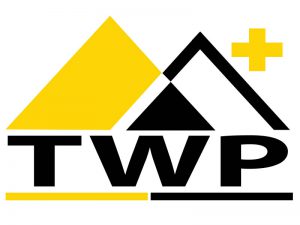Blockchain for Automated Trading: Investment Insights and Opportunities
In recent years, blockchain technology has gained significant attention in the financial industry, particularly in the realm of automated trading. Automated trading, also known as algorithmic trading, involves the use of computer algorithms to execute trades on behalf of an investor. This technology has revolutionized the way financial markets operate, providing increased efficiency, speed, and accuracy in executing trades.
One of the key advantages of blockchain technology in automated trading is its ability to provide a secure and transparent platform for executing trades. Blockchain is a decentralized and distributed ledger that records transactions across a network of computers. This eliminates the need for a central authority to validate transactions, reducing the risk of fraud and manipulation. In addition, the transparency of blockchain technology allows investors to track the history of trades, ensuring greater accountability and trust in the system.
Furthermore, blockchain technology provides increased efficiency in executing trades. By eliminating the need for intermediaries such as brokers and clearinghouses, blockchain allows for direct peer-to-peer transactions, reducing costs and streamlining the trading process. This automation of trade execution also reduces the risk of human error, ensuring more accurate and timely trades.
From an investment perspective, blockchain technology in automated trading presents a wealth of opportunities for investors. One of the key advantages of automated trading is its ability to execute trades at high speeds, taking advantage of market opportunities in real-time. This can lead to increased profitability and reduced risk for investors, as trades are executed based on predefined algorithms without emotions or biases.
Moreover, blockchain technology in automated trading offers greater transparency and accessibility to a wider range of investors. With blockchain, investors can access real-time trading data and analytics, enabling them to make more informed investment decisions. This transparency also ensures that all parties involved in a trade have access to the same information, reducing the risk of insider trading and market manipulation.
In addition, blockchain technology in automated trading opens up new opportunities for innovation and creativity in the financial industry. With the ability to create smart contracts on blockchain platforms, investors can automate various aspects of trading, such as trade execution, settlement, and risk management. This not only reduces the need for manual intervention but also allows for greater customization and flexibility in trading strategies.
Despite the numerous benefits of blockchain technology in automated trading, there are also challenges and risks that investors should be aware of. One of the key challenges is the regulatory environment surrounding blockchain technology, as regulators grapple with how to oversee and regulate this emerging technology. Additionally, there are concerns about the scalability and security of blockchain platforms, as well as the potential for market manipulation and fraud.
Overall, blockchain technology in automated trading presents a promising future for investors, offering increased efficiency, transparency, and security in executing trades. As the technology continues to evolve and mature, investors should stay informed and educated on the potential opportunities and risks associated with blockchain in automated trading. By leveraging the power of blockchain technology, investors can unlock new possibilities for investment and financial growth in the Solid Return digital age.

